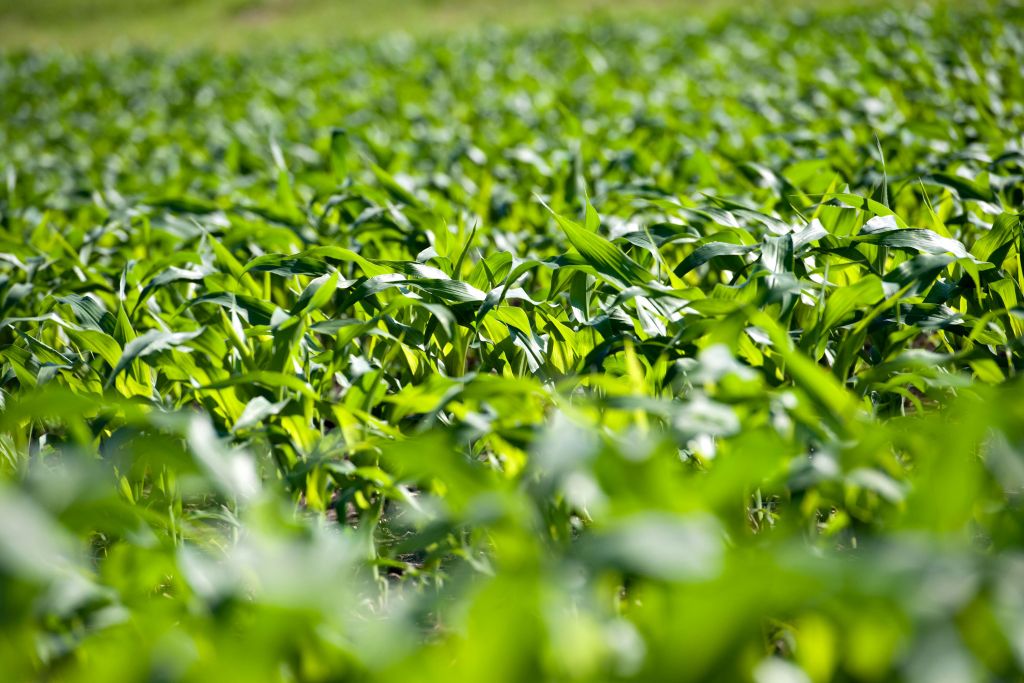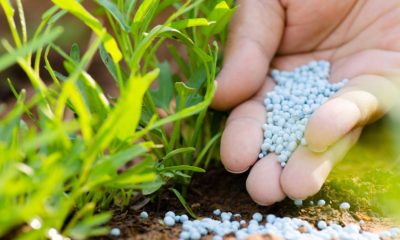Agriculture remains integral for developing economies, capable of stimulating growth across the non-oil economy via its broad potential value-chain interlinkages.
The latest national accounts released by the National Bureau of Statistics (NBS) show that agriculture accounted for c.23% of total GDP. On a y/y basis, the sector grew by 1.2% y/y in Q2 ’22, compared with 3.2% in the previous quarter. Within the sector, crop production grew by 1.5% y/y and accounted for 90% of agriculture GDP. The forestry and fisheries segments grew by 1.3% y/y and 0.9% y/y respectively.
However, livestock contracted by -2.9% y/y.
Over the past eight quarters, agriculture has grown by an average of 2.2% y/y. The agricultural sector has been a beneficiary of substantial credit interventions by the CBN and state-owned development banks. At its July meeting, the CBN/MPC disclosed that total disbursements under the Anchor Borrowers’ Programme (ABP) amounted to N1trn as at end-July ’22, distributed to c.4.2 million smallholder farmers across the country.
Furthermore, the total disbursements under the Commercial Agriculture Credit Scheme (CACS) amounted to N744bn for 678 projects in agro-production and agro-processing. The CACS is among the better performing credit intervention programmes, given its positive repayment outcome (currently estimated at c.N700bn). Meanwhile, for ABP only 40% of mature loans have been repaid.
The misalignment between the growth figures recorded in this sector and intervention efforts can be partly attributed to the large informal economy, which is estimated to represent c.50% of the economy. The formalisation process is partly hampered by absence of bank accounts (by an estimated c.40% of Nigerians).
Given the rural nature of agriculture, a significant number of farmers are unbanked. This contributes to the difficulties in accessing funds. The CBN is gradually winding down special intervention funds, except those that are tagged as critical (relating to SMEs and the power industry). This points towards gradual tapering to maintain the price stability mandate.
It is worth highlighting that the sector is still saddled with unresolved insecurity and structural challenges that undercut investments. Some of these structural challenges include poor storage facilities, poor transport networks, low technology, among others. These challenges contribute to the risk-averse posture of some banks with regards to providing credit to players within the agriculture sector.
Although there have been laudable interventions by the CBN and the FGN, the sector still requires investments. Based on the latest data from the CBN, credit to the agricultural sector accounted for just 6.1% of total credit to the private sector, compared with sectors such as trade/general commerce (7.1%), finance, insurance and capital market (8.6%), oil and gas (16.1%) as well as manufacturing (17.4%) in August ‘22.
Based on another data source, the NBS, agriculture accounted for 3.7% (USD57.4m) of total capital importation in Q2 ’22 compared with 3.3% (USD28.9m) recorded in the corresponding period in 2021. This is an increase of 99% or USD28.5m.
To encourage increased investments into the sector, financial institutions should consider innovative financing solutions targeted at active players across the agricultural value chain. This should boost returns and profitability as well as stimulate economic activity within the sector.
Regarding trade, agriculture exports accounted for 2% of total trade, declining by -30% q/q to N371bn in Q2. We note that cashew nuts in shell, sesame seeds, standard quality cocoa beans, shelled cashew nuts, and natural cocoa butter featured as top export products in Q2 ‘22.
However, agricultural exports have remained below 5% of total exports over the past five years. There is still vast room to boost agro-related exports. This can be achieved through sustainable public-private partnerships that can potentially transform the agriculture sector to ensure that it realises its potential.
In addition, a boost to export receipts should assist with fx revenue diversification and by extension, support overall GDP growth.
As for agriculture imports, it accounted for 9% of total trade, growing by 5% q/q to N464bn in Q2. The growth in imports is unfavourable for imported food inflation. As at August, imported food prices is 17.9%, increasing by 54bps YTD. On the back of supply-chain constraints exacerbated by the Russia-Ukraine crisis, prices of some agriculture commodities have spiked. Notably, the prices of maize and wheat have increased by 20% and 19% respectively YTD.
The Africa Continental Free Trade Area (AfCFTA) agreement should support agricultural activity, create new regional markets for farmers and strengthen the agro-value chain. However, there should be increased focus on value chain interventions, especially around agriculture commodities that the Nigeria has comparative and competitive advantage.
Furthermore, to boost agricultural exports, there is a need to improve quality of products to meet and/or exceed the global standard. This can be achieved through sensitisation programmes geared towards educating exporters across the country. This should assist with solving poor packaging, and high level of chemicals (in the case of agricultural produce), improper labelling, insufficient information on nutritional content, presence of high level of pesticide residue, among others.
Overall, agriculture can potentially drive economic diversification in Nigeria. Improving the agriculture sector requires stakeholders to adopt a longterm view and commit to short-term sacrifices beneficial to expanding the sector.

 Billionaire Watch2 weeks ago
Billionaire Watch2 weeks ago
 Startups4 weeks ago
Startups4 weeks ago
 News4 weeks ago
News4 weeks ago
 News4 weeks ago
News4 weeks ago
 Bitcoin4 weeks ago
Bitcoin4 weeks ago
 Naira4 weeks ago
Naira4 weeks ago
 Forex3 weeks ago
Forex3 weeks ago
 Treasury Bills4 weeks ago
Treasury Bills4 weeks ago





















